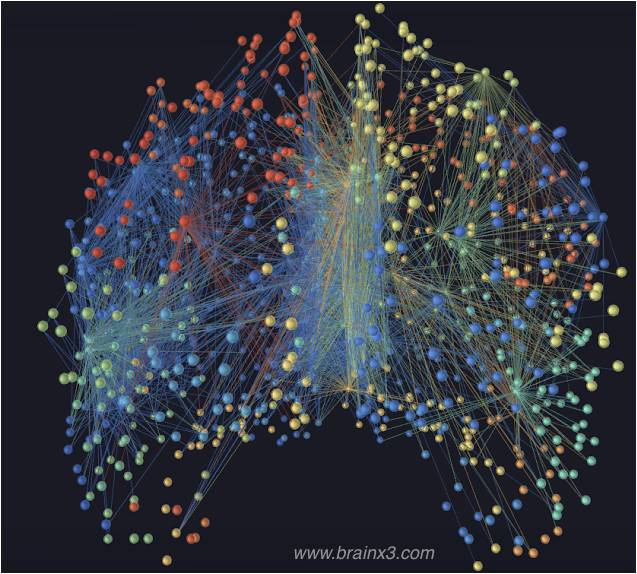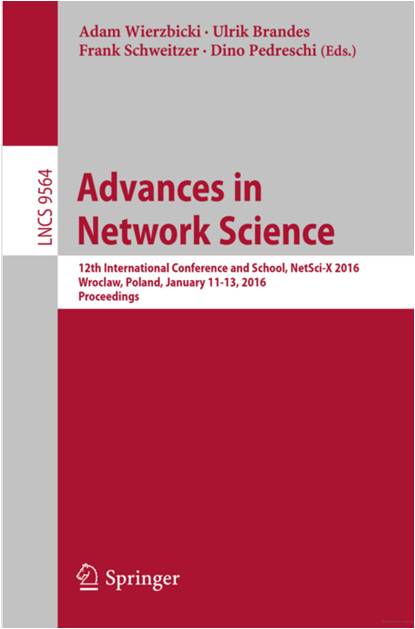A theoretical framework of complex networks devised by SPECS rewarded for best study at a conference promoted by the Network Science Society
A theoretical framework of complex networks devised by SPECS rewarded for best study at a conference promoted by the Network Science Society
Within the NetSci-X Conference held from 11 to 13 January in Wroclaw (Poland), a meeting point for leading researchers in this field of knowledge
A study by the Synthetic, Perceptive, Emotive and Cognitive Systems research group (SPECS) has won the prize for the best article at the NetSci-X Conference, which took place from 11 to 13 January in Wroclaw (Poland). The work has been selected for publishing in the Proceedings of the congress compiled in the book Advances in Network Sciences (Springer International Publishing, 2016).

The authors of the work are SPECS researcher Xerxes Arsiwalla and Paul Verschure, ICREA researcher at the Department of Information and Communication Technologies (DTIC) at UPF and director of SPECS. Arsiwalla, as the first author of the study, explained “our contribution to this work has been to develop a mathematical framework to calculate the information integrated in complex dynamic networks”.
In particular, the researchers have applied their theoretical framework of complex networks to human brain connectivity in order to provide a quantitative estimate of the functional pattern of brain connectivity in comparison with null models with regard to the amount of information, which is relevant given that cognition and behaviour are carried out thanks to the information globally integrated from the dynamics of brain processes.
These information-based approaches open new directions for research into information processing deficits that are carried out in some mental diseases and disorders.
The NetSci-X Conference is promoted by the Network Science Society and is a meeting point for leading researchers in this field of knowledge seeking new directions for network sciences between biological and environmental sciences, computational and information sciences, social sciences, financial markets, among others.

Reference work:
Arsiwalla, X. D., & Verschure, P. (2016), “Computing Information Integration in Brain Networks”, pp. 136-146, A: Adam Wierzbicki, Ulrik Brandes, Frank Schweitzer, Dino Pedreschi (eds.), Advances in Network Sciences, Springer International Publishing, 4 January, 213 pages Proceedings of the 12th Conference and International School on Network Science, Wroclaw, Poland, January 2016.
